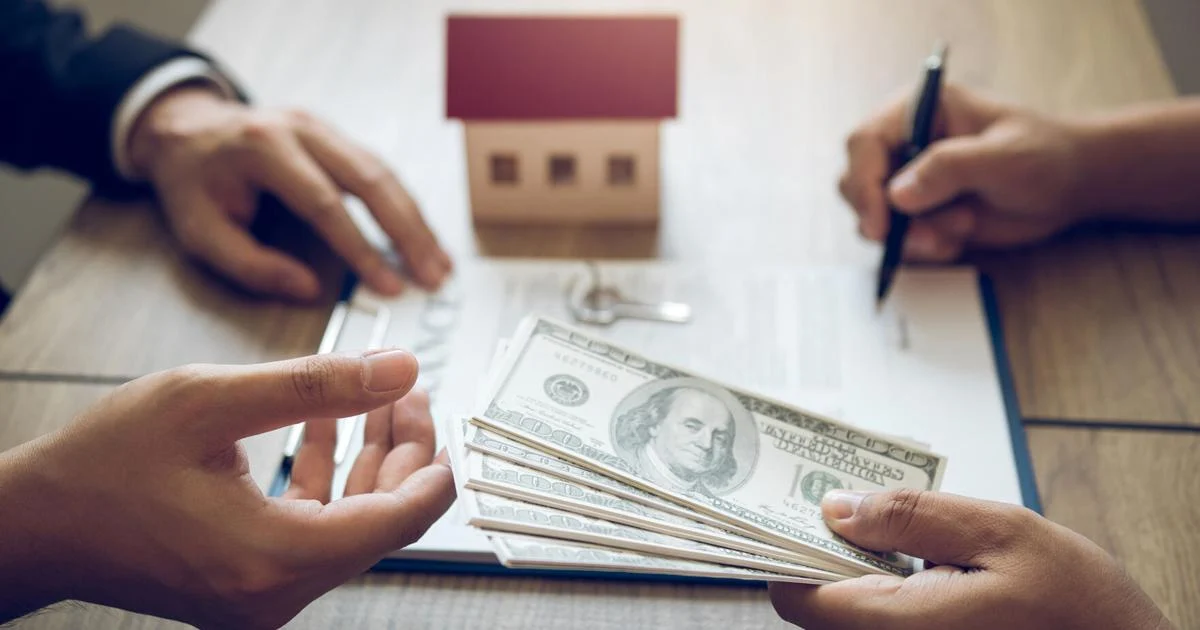How Can You Avoid a Tax Hit When You Sell Your Home?

Selling a home is often a big milestone, whether you’re upgrading to a larger property, downsizing, or moving to a new location. While the sale can bring in a large sum of money, it could also result in a hefty tax bill if you’re not careful. In the United States, the Internal Revenue Service (IRS) has certain rules that can lead to taxes on the profit you make from selling your home. However, there are ways to avoid or minimize these taxes. Let’s break down how you can do this.
Understanding Capital Gains Tax
When you sell a home for more than you bought it for, the IRS considers the profit to be “capital gains.” Capital gains tax is levied on the profit from the sale of assets like stocks, bonds, and real estate. However, not all home sales are taxable. The IRS offers an important exclusion for primary residences, which can help you avoid paying taxes on most of the profit.
Primary Residence Exclusion: What Is It?
The IRS allows a special tax exclusion on the sale of your home if it qualifies as your “primary residence.” This is known as the Section 121 Exclusion. Essentially, if your home qualifies, you may not have to pay taxes on up to $250,000 of the profit if you are single, or up to $500,000 if you’re married and file jointly.
This exclusion is one of the most important ways to avoid a tax hit when selling your home. But how do you qualify for this benefit?
Qualifying for the Primary Residence Exclusion
To benefit from the primary residence exclusion, there are a few requirements you need to meet:
- Ownership Test: You must have owned the home for at least two years during the five-year period prior to the sale. The ownership doesn’t have to be continuous; as long as you’ve owned it for two years during the last five years, you’re eligible.
- Use Test: You must have lived in the home as your primary residence for at least two years during the same five-year period. For example, if you bought the home in 2017, you must have lived in it for at least 24 months before selling it in 2023 to qualify for the exclusion.
- No Sale in the Last Two Years: You can only use this exclusion once every two years. So, if you claimed the exclusion on a home sale two years ago, you won’t be eligible for the exclusion on another home sale until the next two-year period.
How the Exclusion Works
When you sell your home, the IRS allows you to exclude up to $250,000 of the gain if you’re single, or up to $500,000 if you’re married and filing jointly. For example:
- If you bought your home for $200,000 and sold it for $450,000, your profit is $250,000. If you meet the requirements, you would not owe any taxes on that gain.
- However, if you sold the home for $600,000, your profit would be $400,000. As a single filer, you would only be able to exclude $250,000, meaning the remaining $150,000 of profit would be taxable.
If your gain exceeds the exclusion limits, only the profit above those limits is taxable.
Exceptions to the Rule
While the rules for the primary residence exclusion are clear, there are certain exceptions that may allow you to qualify even if you don’t meet the full two-year ownership and use requirement:
- Job-Related Moves: If you sell your home due to a job relocation, and you haven’t lived in it for the required two years, you may still qualify for a partial exclusion. This is often referred to as a “reduced exclusion.” To qualify, your move must be at least 50 miles farther than your old home.
- Health-Related Moves: If you sell your home for health reasons (for example, a medical condition requires you to move), you may also qualify for a reduced exclusion.
- Other Exceptions: There may be other special cases, such as military personnel on active duty, that allow you to qualify for the exclusion, even if you don’t meet the typical requirements.
Other Ways to Reduce Your Tax Burden
If you’re not able to fully exclude your capital gains under Section 121, there are other ways to reduce the taxable portion:
- Capital Improvements: When calculating your profit, you can subtract the cost of any major improvements you’ve made to the property (like a new roof, addition of a room, or remodeling). These improvements increase the “basis” of your home, which reduces your taxable gain.
- Selling Costs: You can also deduct selling costs from your profit. These include things like real estate agent commissions, closing costs, and repairs made specifically to sell the house.
- Tax-Loss Harvesting: If you have other investments that are currently worth less than what you paid for them, you can sell those at a loss to offset some of your capital gains.
Tax Considerations for Rental Properties
If the property you are selling is not your primary residence but a rental property, the rules change. While you can still deduct some costs, such as depreciation, the sale of a rental property may be subject to capital gains tax and potentially depreciation recapture tax. These taxes are often higher than those on a primary residence, and in some cases, the entire gain may be taxable.
If you want to minimize taxes on the sale of a rental property, consider doing a 1031 exchange, which allows you to defer paying taxes on the gain if you reinvest the proceeds in a similar property.
Planning Ahead to Avoid Surprises
While selling a home is often a stressful process, planning ahead can help you avoid any tax surprises. Here are a few tips:
- Keep Track of Improvements: As mentioned, capital improvements can reduce your taxable profit. Be sure to keep detailed records of any upgrades or changes you made to your home.
- Consult a Tax Professional: Tax laws can be complex, and each situation is different. It’s always a good idea to consult a tax professional or accountant to ensure you’re not overlooking any potential deductions or exclusions.
- Wait to Sell If Necessary: If you’re close to meeting the two-year requirement, it might be worth waiting a few more months to ensure you can qualify for the primary residence exclusion.
Final Thoughts and Conclusion
Selling your home can be an exciting event, but it’s essential to understand the tax implications of the sale. Fortunately, with careful planning and a solid understanding of the rules, you can significantly reduce or even eliminate the taxes you might owe on the profit. By qualifying for the primary residence exclusion, keeping track of improvements, and utilizing other strategies, you can avoid a tax hit when selling your home.
If you’re unsure about any part of the process, it’s always best to consult with a tax professional who can guide you based on your specific situation.



